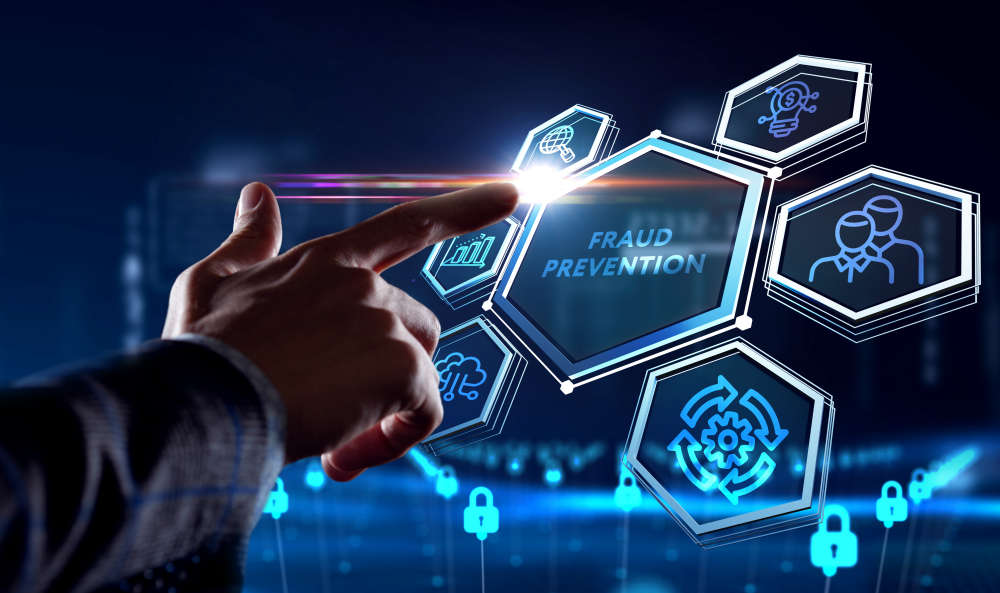
We are all now spending more and more time online. We think nothing of banking, shopping, investing, and communicating with our family and friends in the digital world. But how secure are we? Lisa de Silva investigates.
Keeping safe online is a challenge for everyone using digital technology. It involves protecting all the digital devices we use, such as computers, laptops, mobile phones, and tablets and preventing others from accessing our personal data stored on them. If criminals get access to our data, the risks are great and many, including identity theft, financial loss, personal safety, and reputation damage.
The UK government has estimated the cost of cybercrime to be £27bn a year and growing fast. In fact, the issue is so great that the government launched the National Cyber Security Centre (NCSC) in 2016. Losing access to any digital account, whether that is an email, social media or an online bank account is both distressing and stressful. This two-part article is designed to help you understand the risks and learn how to protect yourself online. In part one we look at how to protect your online accounts, while part two suggests how to operate safely while online.
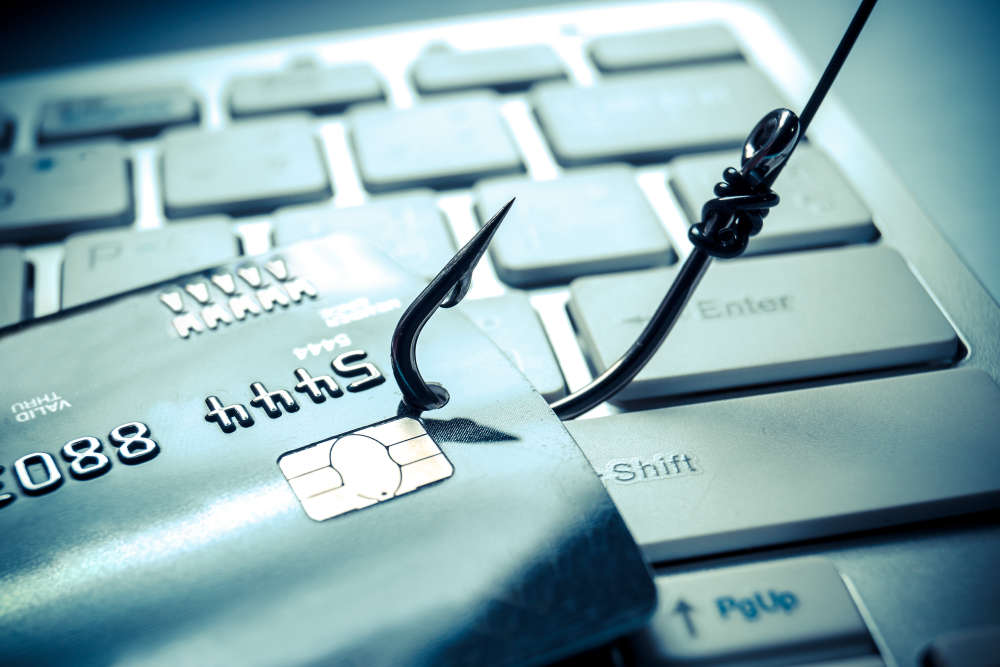
How to tell if you’ve been hacked
While you will probably be unaware of something amiss until it’s too late, regularly checking your bank account and statements can alert you to any suspicious activity. More obvious signs include:
- Being unable to log into your email or other accounts
- Messages or notifications sent to your accounts that you do not recognise
- Changes to your security settings
What to do if you’ve been hacked
Hacking usually involves taking control of your email account. Once a criminal has access to your email, it is easy for them to access all your online accounts by using the ‘forgot password’ feature. This will lock you out of any account they want to access.
Contact your email provider and all the websites involved immediately you realise something is amiss. They will be able to help you to reset your password and check your email filters to ensure the criminal hasn’t turned on automatic forwarding of emails. Forwarding emails allows the criminal to continue to reset your password.
If any of your online accounts have been hacked, or you have been scammed or defrauded report it to Action Fraud on 0300 123 2040 or visit www.actionfraud.police.uk
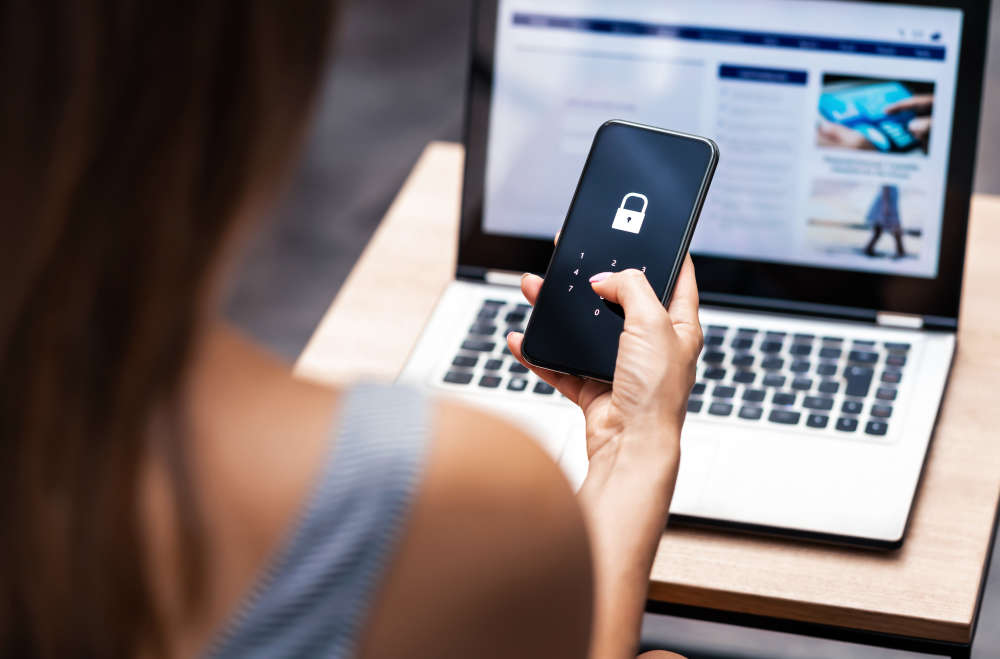
Securing your accounts - passwords
Never use the same password for different accounts and never use the autosave feature. The best protection is to use a strong password together with two-step authentication. The NCSC advise using three random words with numbers and special characteristics e.g., DogsRainbowChain37!
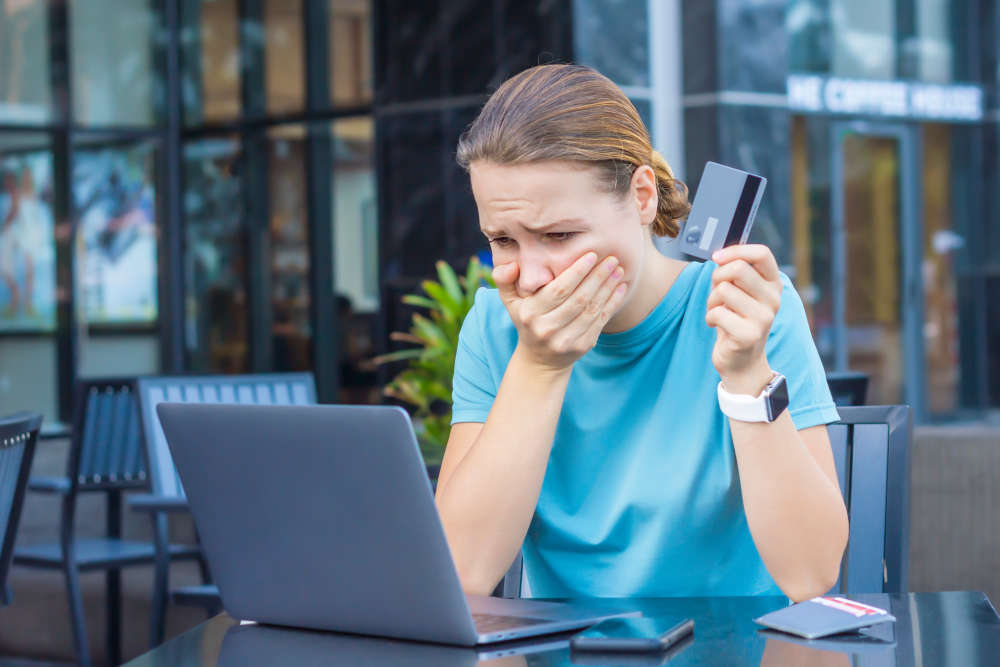
Two-step Authentication
Turning on two-step authentication is possibly the most effective way to protect your online accounts. This involves a request for more information to prove your identity. For example, you may have a code sent to your phone, or email address when you sign in on a new device or try to change settings, such as a password. This means that even if a criminal has your password, they cannot access your account if they are trying to sign in from an unknown device. Two-step authentication can be turned on by going to security settings. You can protect all your main accounts – email, banking, shopping, and social media in this way.
Password Managers
One of the most secure ways to manage your passwords is to use a password manager. This is an app that can generate and store strong passwords for all your online accounts. Some will automatically enter them into websites and apps, so you don’t have to enter them every time you log in. All you must remember is one ‘master’ password to access the Password Manager itself. Do use two-step authentication for added protection, so even if a criminal has your ‘master’ password, they will not be able to access your accounts.

 Home Style: Colourful New Life
Home Style: Colourful New Life
 Money Matters: Release Reality
Money Matters: Release Reality
 World Listening Day 2024: Learning to Listen to our Environment
World Listening Day 2024: Learning to Listen to our Environment
 Spotlight Events: What's On in July 2024
Spotlight Events: What's On in July 2024
 RSPCA Celebrates 200 Years
RSPCA Celebrates 200 Years
 Be Well, Move Happy: Learning a New Skill and Water Sports
Be Well, Move Happy: Learning a New Skill and Water Sports
 10 Ideas for a Screen-Free Summer
10 Ideas for a Screen-Free Summer
 Home Style: Bold Type
Home Style: Bold Type
 What to Watch in July 2024
What to Watch in July 2024
 The Exciting Appeal of the Beach Holiday
The Exciting Appeal of the Beach Holiday
 "I quite like to end up with a setlist that involves a catalogue of human misery..." Nish Kumar on his return to stand-up comedy
"I quite like to end up with a setlist that involves a catalogue of human misery..." Nish Kumar on his return to stand-up comedy
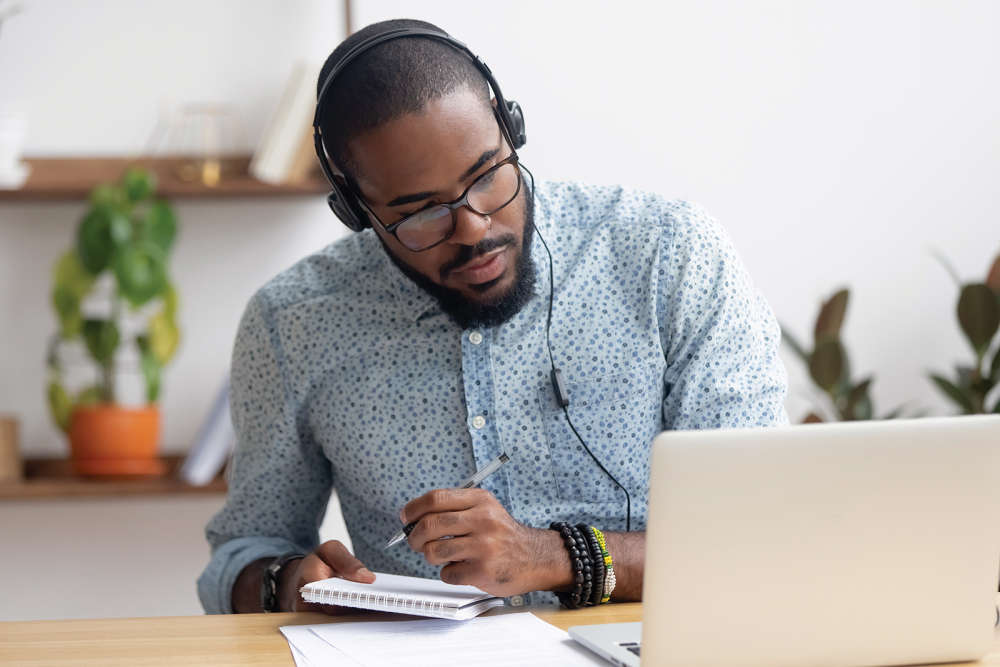 Money Matters: The Revenue Generation
Money Matters: The Revenue Generation
 Home Style: A Better Way of Life
Home Style: A Better Way of Life
 Weddings: The Food of Love
Weddings: The Food of Love
 Vino, Vidi, Vici: The Vineyards, Breweries & Distilleries of Sussex
Vino, Vidi, Vici: The Vineyards, Breweries & Distilleries of Sussex
 Homes Extra: Digging a Design
Homes Extra: Digging a Design
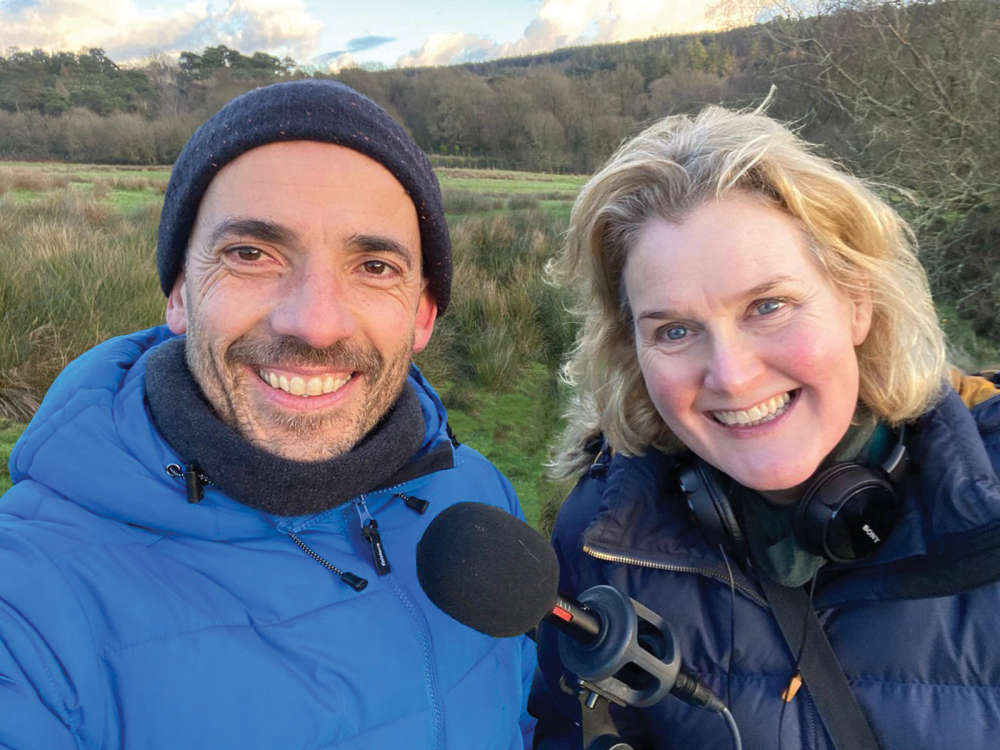 Listening to Nature: Meet the people behind the Ashdown Forest podcast
Listening to Nature: Meet the people behind the Ashdown Forest podcast
 Home Style: Tales from the Mill
Home Style: Tales from the Mill
 SPECIAL OFFER: General Admission Tickets To The Al Shira’aa Hickstead Derby Meeting
SPECIAL OFFER: General Admission Tickets To The Al Shira’aa Hickstead Derby Meeting
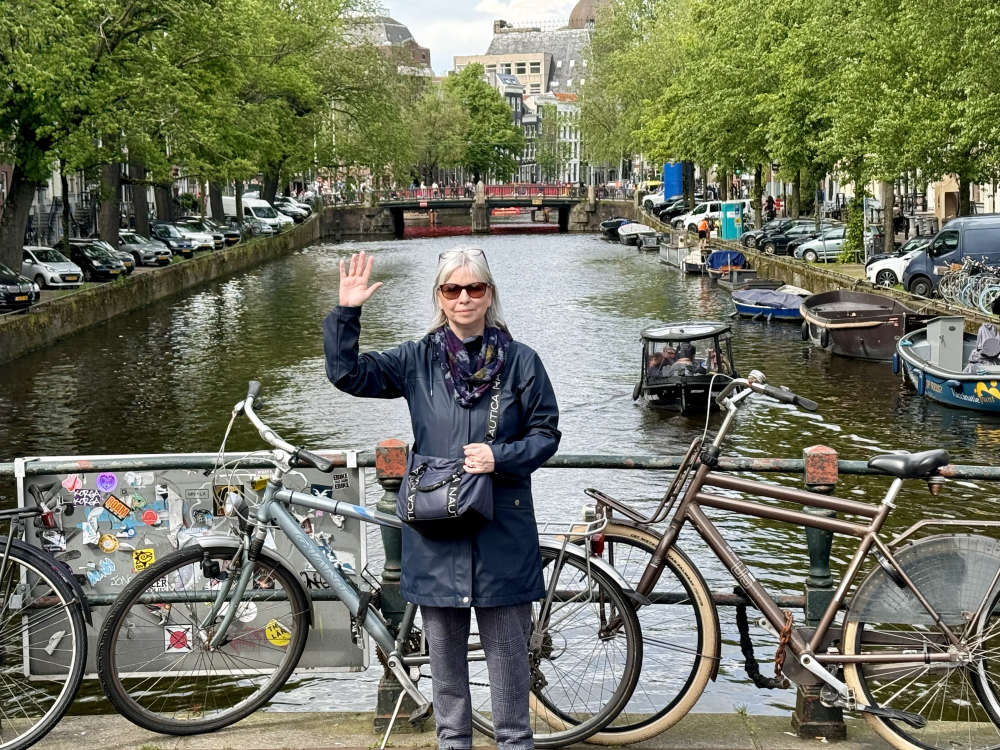 A Gourmet Escape on the Eurostar: London to Amsterdam with Culinary Delights in Almere
A Gourmet Escape on the Eurostar: London to Amsterdam with Culinary Delights in Almere